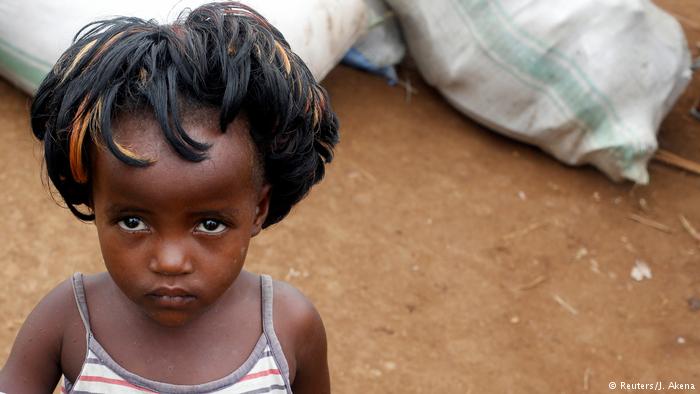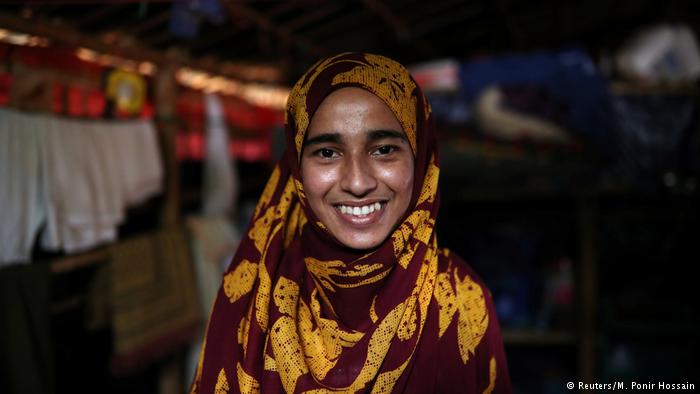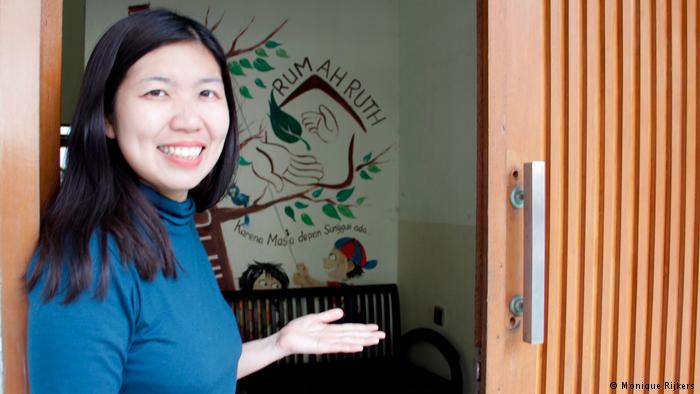The legal framework of Bangladesh’s rape law
 In Bangladesh the existing legal frame work that supports a rape victim is very limited and outdated. The definition of rape itself dates back to the national penal code formulated in 1860. Now, more than 150 years later, what are the problems a victim faces and where can she seek help? Aziza Ahmed finds out.
In Bangladesh the existing legal frame work that supports a rape victim is very limited and outdated. The definition of rape itself dates back to the national penal code formulated in 1860. Now, more than 150 years later, what are the problems a victim faces and where can she seek help? Aziza Ahmed finds out.
Under this law, a man is said to have committed “rape” who has sexual intercourse with a woman under circumstances falling under any of the five following descriptions: First, against her will; second, without her consent; third, with her consent, when her consent has been obtained by threatening to kill or hurt her; fourth, with her consent, when the man knows that he is not her husband and she gives her consent thinking that he is the man to whom she believes she is lawfully married. Finally, having sexual intercourse with a girl under 14 years of age is also considered rape.
I talked with Barrister Sara Hossain who practices in the Supreme Court of Bangladesh, mainly in the areas of constitutional, public interest and family law. Sara is associated with several legal aid and human rights groups nationally and internationally. She is currently serving as Honorary Director of the Bangladesh Legal Aid and Service Trust (BLAST), and here in my article I am writing on the basis of my discussion with her.
The definition of rape needs modification. For instance, still in our country, rape within marriages is not recognized. No married woman can seek legal assistance if she is raped by her husband. This law discriminates between married and unmarried women. A married woman is obliged to have sex, even if she is not willing, with her husband.
The countries in the Indian subcontinent follow the penal code of 1860 which came into force during the British colonial rule. During the government of President Zia ul Haq in Pakistan, some amendments were made to the penal code, but these turned out to be for the worse since the Sharia law was included. According to the Sharia law, four witnesses are required to prove that a rape has occurred. Otherwise the victim will be accused of having an illicit relationship with the man who was originally her rapist. After the rape of a young woman in New Delhi last December, rape laws in India have undergone several changes. Women’s rights lobbyists have helped change the definition of rape to include sexual assault other than penetration.
However, the definition of rape in Bangladesh is still 150 years old and this is not sufficient to give proper legal support to women who have been victims of such incidents. In Bangladesh there have been Women and Children Repression Prevention Act, 2000 (amended in 2003) but still the legal frame work is not sufficient to support women in such cases.
In Bangladesh if a girl is raped, she gets stamped as a “dhorshita” meaning the woman who was raped. The social pressure on the victim is so intense and serious that recently a study by Ruchira Tabassum Naved, scientist at the ICDDR research organization in Bangladesh, revealed that less than two percent of women in Bangladesh report rape or any other sexual assault.
Apparently, victims feel it is better to be silent and get on with life keeping a very low profile. The main reason for this is, there are no proper shelter homes or no rehabilitation schemes for such victims. It is difficult to prove rape in court. The victims know that despite all their efforts, justice will elude them. Many woman right activists say that women are unaware of their rights and are therefore victimized. However, it is important to understand that, it is not always lack of knowledge that keeps them away to seek legal aid but the lack of remedies which holds them back.
A rape victim in Bangladesh has the right to be examined by the doctor as soon as she lodges a complaint that she has been raped. The doctor needs to examine her within the next 24 hours. The doctors should also give the victim a copy of the report. Under the Women and Children Repression Prevention Act, 2000 (amended in 2003), a rape case will move on despite lack of evidences.The immediate forensic examination will be good enough proof of her allegation. In Bangladesh, the law enforcers are not aware of their duties and lack of coordination further creates problems for the victim.
Along with the definition of rape the procedures of the legal frame work require modifications too. In the nineties, there was a very sensational case of rape under police custody. Yasmin, a young girl from Rangpur, was raped by a police officer. Following the case the Women and Children Repression Prevention Act says that the accused is responsible for proving himself not guilty. The victim is not responsible for producing proof in front of the court.
Unfortunately sex workers suffer a great deal in case of reporting rape. Even the present rape act says that sexual intercourse without the woman’s consent constitutes rape. However in Bangladesh it is almost impossible for a sex worker to file a rape complaint. Police and society, neither would believe her.
It is also important to make sure during a rape case hearing that there shouldn’t be any other people in the room apart from the relevant people and the responsible officers, since the charge sheet against the accused contains exhaustive and explicit information about all that has happened to the victim.
The Evidence Act of 1872 in section 155 says, in case of rape the victims can be interrogated about her character and lifestyle. Therefore, when a man is prosecuted for rape or an attempt to ravish, one could try and prove that the victim was of an “immoral” character. For instance, if a girl is engaged in any flirting or other kind of relationship with another man, the court might rule out her accusation as she is capable of getting into a sexual relationship with another man. This law needs to be changed in Bangladesh. India has changed this law in favor of the victim.
Sexual crimes over the internet have also increased. For example, a couple may have taken intimate pictures of each other when they were together in a relationship, but distributing these pictures online without the consent of the woman is abuse and a breach of trust. These should also be included within the definition of rape and sexual assault.
In Bangladesh, rape victims can go to Ain O Shalish Kendra, Bangladesh Legal Aid and Service Trust (BLAST) and Bangladesh National Women Lawyers Association (BNWLA) for legal support. However, victims in Bangladesh do not have access to shelter legally, so they have to look out for themselves.






